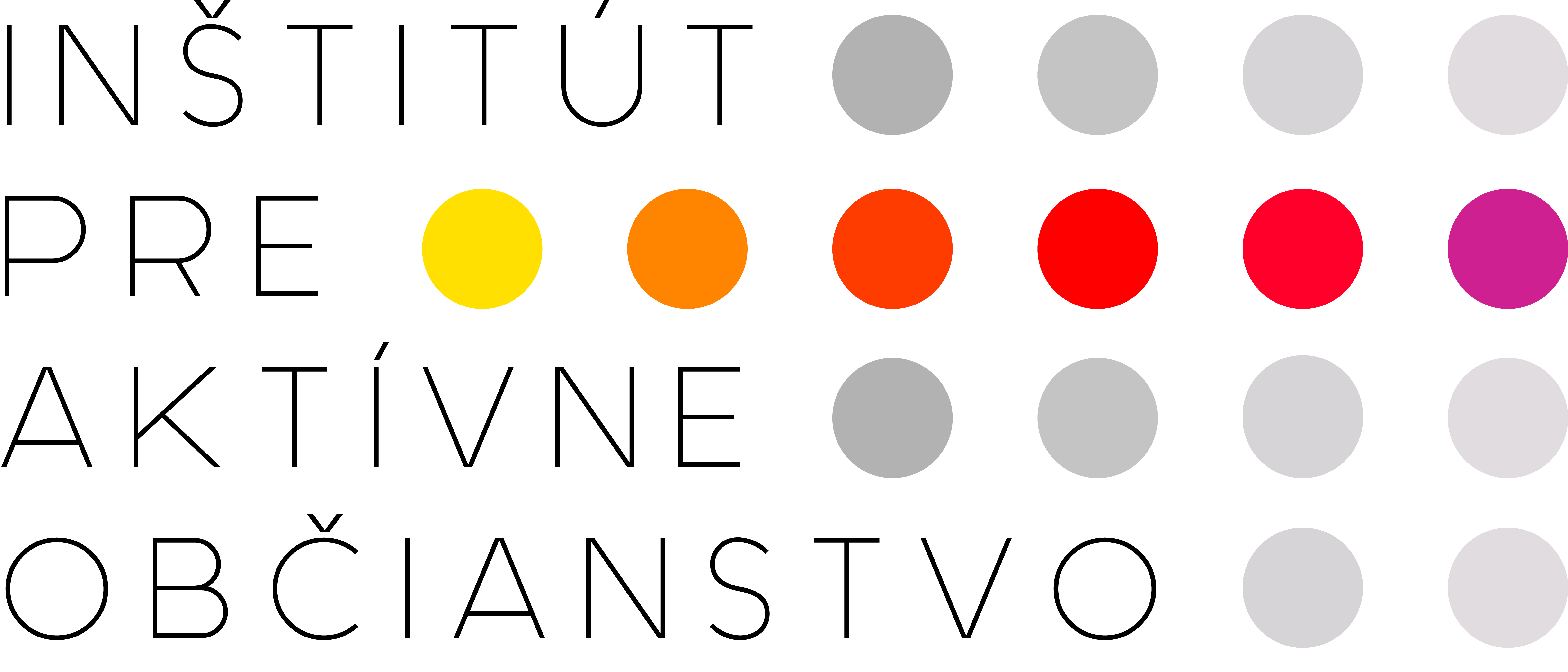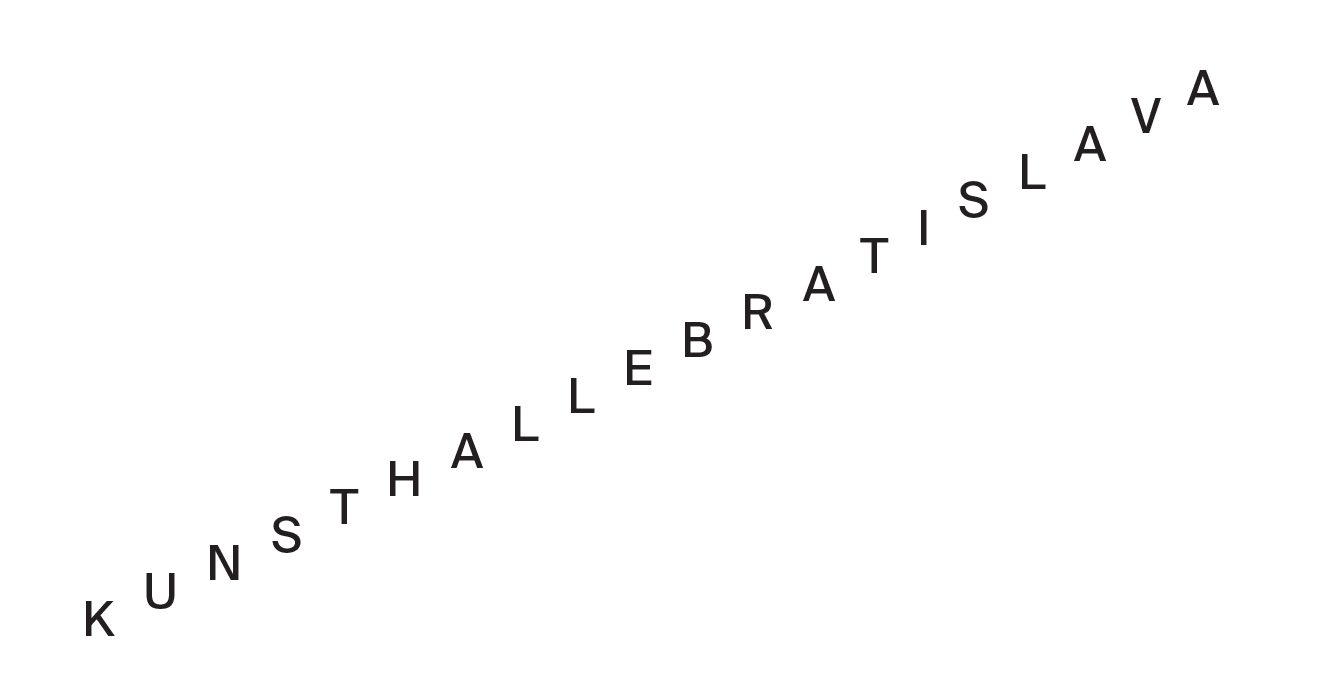O projekte
SK
Milí návštevníci, radi by sme predišli akýmkoľvek nedorozumeniam, a preto zdôrazňujeme, že tento projekt má rovnaký názov (ART AS EVIDENCE) ako koncepčný rámec, ktorý vyvinula berlínska výskumníčka Tatiana Bazzichelli v rámci svojej práce v Disruption Network Lab v spolupráci so sieťou investigatívnych novinárov a umelcov vrátane Laury Poitras a Jacoba Appelbauma. Tatiana Bazzichelli ako výskumníčka pracuje v oblasti sieťovej kultúry, hacktivizmu a whistleblowingu. Medzi týmto projektom a výskumom Tatiany Bazzichelli nie sú žiadne podobnosti. Zároveň by sme radi odkázali a odporučili dozvedieť sa viac o tejto dôležitej práci v oblasti kritických sieťových kultúr a whistleblowingu. Viac informácií o tomto projekte sa môžete dozvedieť tu: https://www.disruptionlab.org/art-as-evidence
V čoraz zložitejšom mediálnom prostredí s množstvom platforiem, kanálov a fór sa ľahko šíria dezinformácie, falošné správy, vojnová propaganda a konšpiračné teórie. Nedávny celoeurópsky prieskum Centra pre bioetiku Trnavskej univerzity dospel k záveru, že "Slováci patria medzi tých, ktorí najčastejšie veria konšpiračným teóriám" po tom, čo krajina zaznamenala jedno z najvyšších skóre, aké kedy bolo namerané v konšpiračnom indexe.
Pre mladú generáciu je to obzvlášť náročné aj preto, že pandémia prinútila celú generáciu mladých dospelých k digitálnej izolácii a urobila ich zraniteľnými voči týmto formám online manipulácie. Pri hroznom teroristickom útoku 18-ročného mladíka na členov LGBTIQ komunity v Bratislave sme práve videli, ako môžu konšpiračné teórie na sociálnych sieťach viesť aj k skutočnému násiliu.
EN
Dear visitor, we like to avoid any confusion and therefore highlight, that this project shares the same title (ART AS EVIDENCE) with a conceptual framework developed from Berlin-based researcher Tatiana Bazzichelli in the context of her work at the Disruption Network Lab in cooperation with a network of investigative journalists and artists including Laura Poitras and Jacob Appelbaum. As a researcher Tatiana Bazzichelli is working in the field of network culture, hacktivism and whistleblowing. There are no similarities between this project and the research of Tatiana Bazzichelli. At the same time we like to reference and recommend to learn more about this important work on critical network cultures and whistleblowing. You can learn more about this project here: https://www.disruptionlab.org/art-as-evidence
The media landscape is becoming more and more complex, with numerous platforms, channels and forums. It has become easy to spread misinformation, fake news, war propaganda and conspiracy theories. A recent pan-European survey by the Center for Bioethics/University of Trnava concluded that "Slovaks are among those most likely to believe in conspiracy theories," after the country recorded one of the highest scores ever measured in the Conspiracy Index.
This is especially challenging for the younger generation, in part because the pandemic has forced an entire generation of young adults into digital isolation and made them vulnerable to these forms of online manipulation. With the horrific terrorist attack by an 18-year-old on members of the LGBTIQ community in Bratislava, we have just seen how conspiracy theories on social media can also lead to real violence.



